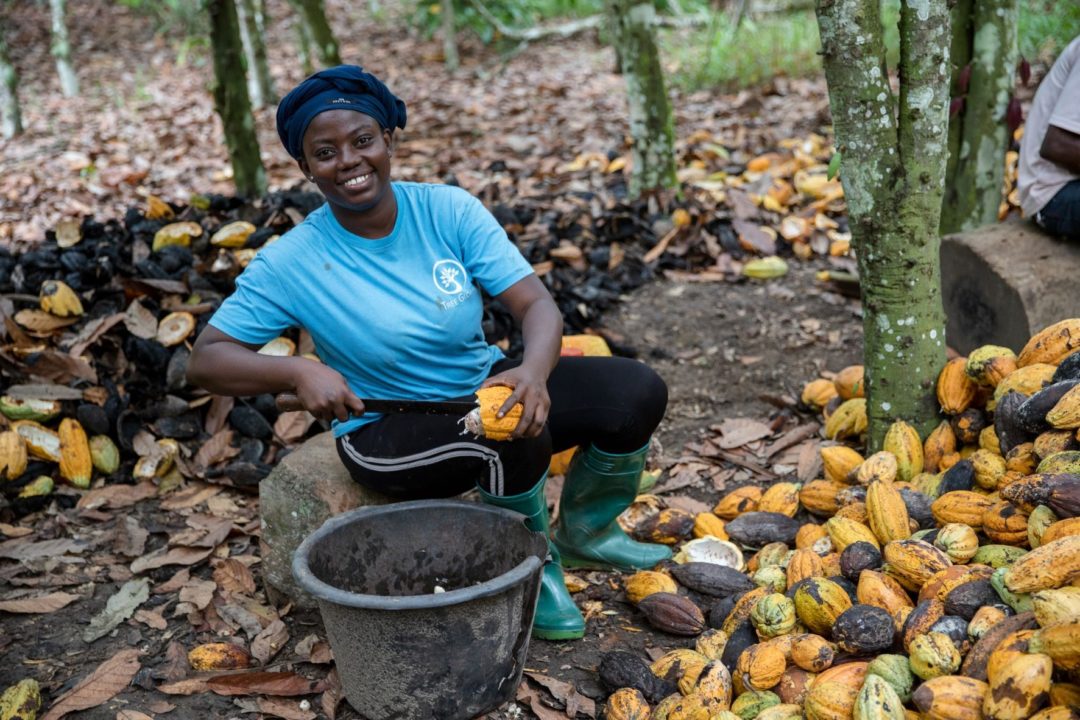Fairtrade Benefits and Protections
Fairtrade farms had better economic outcomes, governance, sustainability, and social wellbeing compared to non-Fairtrade farmers. Furthermore, the research showed improvements in farming households’ financial situations, including their earnings and savings. However, researchers found that challenges such as climate change, COVID-19, and unfair pay continued to threaten farmers.“We believe that everyone deserves a decent standard of living. It’s only fair to pay a price that covers basic needs and supports an existence worthy of human dignity,” said Peg Willingham, Executive Director of Fairtrade America, in a press release. “This report is critical in helping Fairtrade certified farmers, brand partners, and retailers understand the positive impact the Fairtrade system has and the real difference it makes in farmers’ lives. At the same time, it provides us with a call-to-action and urges companies and governments alike to drastically expand the commitments they are making or we will see farmers continue to slide backwards and potentially abandon farming altogether.”
Current Challenges for Farmers
Willingham added concerns. “While it’s encouraging that this study emphasizes how Fairtrade supports farmers and Producer Organizations in weathering these financial challenges, it warns that progress toward reducing poverty—as well as the goal of achieving living incomes—will be stalled, if not reversed, if farmers are not paid more."Tatjana Mauthofer of Mainlevel Consulting, co-author of the study, also commented. “In times of crisis, it becomes evident that Fairtrade enhances farmers’ economic resilience and supports them in continuing their profession."
The study showed that Fairtrade’s foundational price mechanisms—the Minimum Price and the Premium—were a vital security. For example, coffee farmer members of the Fairtrade certified La Florida cooperative in Peru earned 50% higher incomes than their non-Fairtrade farmer counterparts. Similarly, banana producers reported struggles linked to global crises. They were challenged with price increases, due to elevated fertilizer costs and the supply chain crisis. Fairtrade paid these farmers an extra USD$1 per box of bananas. It set requirements that large scale banana farms must pay their workers at least 70% of their country’s living wage benchmark.
Report IDs actions to support sustainable livelihoods:
- Pay a Fair Price. Some cocoa farmers across the globe are making as little as $1 per day. The U.S. is the largest, single-country importer of fresh bananas, consume 2.8 billion pounds of chocolate each year, and drink 146 billion cups of coffee every year, but pay does not reflect this.
- Combat Climate Change. Those earning low incomes are most affected by climate change. It has caused an increase in plant disease and extreme weather events that destroy crops.
- Mitigate Impacts of COVID-19. Around 50% of Producer Organizations reported the livelihoods of their workers were affected by COVID-19.









